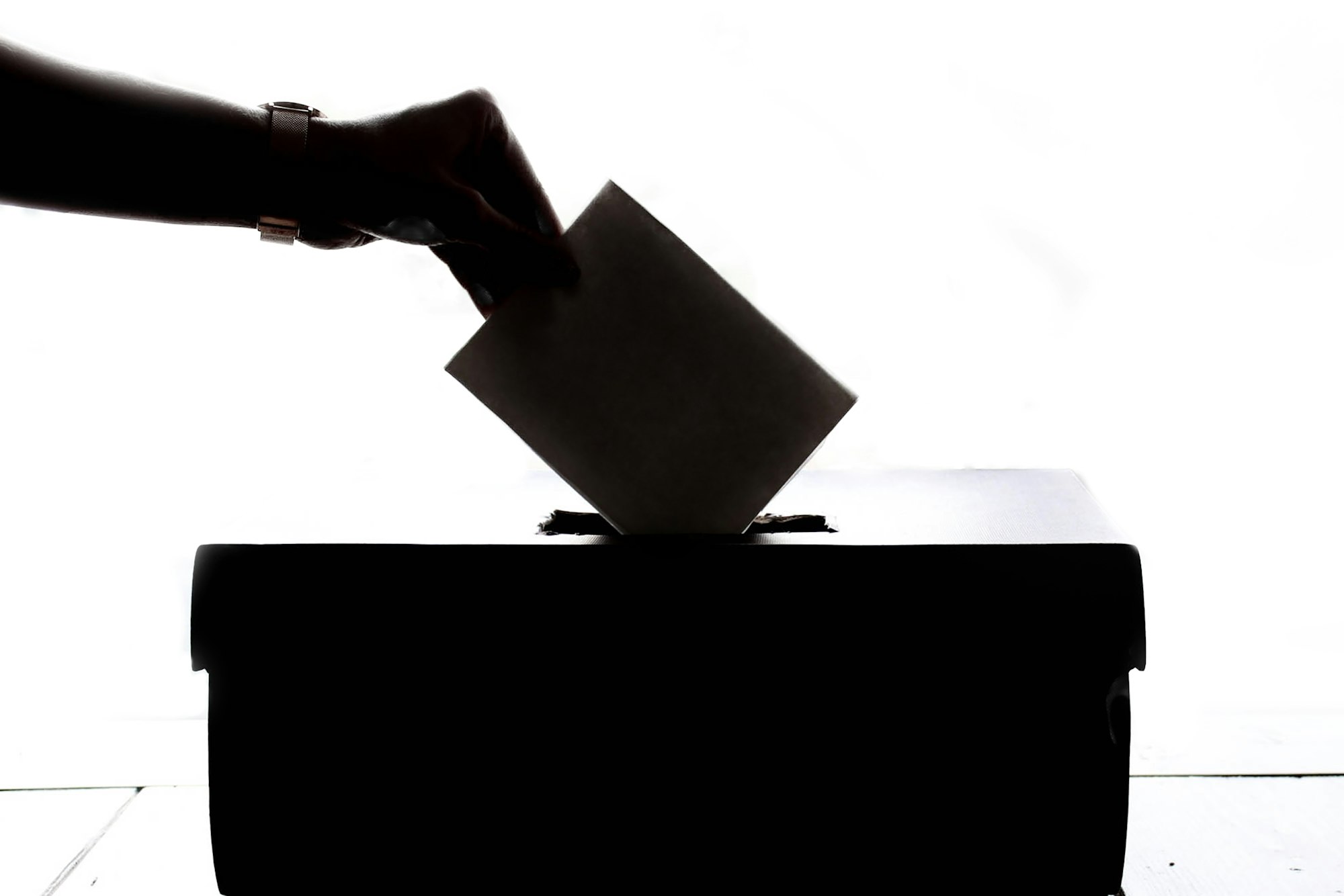Despotism Develops as Democracy Dies
The latest ploy by Republican lawmakers to secure political power.

As record-breaking numbers of voters united to remove President Donald J. Trump from office, four years came to an uneasy halt in the transition to a new administration., Republicans have now turned to more traditional methods as a last-ditch effort to overturn the results of the democratic process. Stoking the fires of misinformation for months after Joe Biden was announced as Trump’s successor, the GOP fueled an insurrection in the U.S. Capitol on January 6th, 2021. Throngs of their most radical supporters invaded the Capitol Building, sending government officials into hiding as they ransacked the very place where democracy was supposed to be underway. Erecting nooses and assaulting police officers, these extremists were the direct by-product of years of grooming and indoctrination by far-right advocates like Tucker Carlson, Rush Limbaugh -- and of course -- No. 45 himself. But much like the 1923 Munich Putsch, a failed insurrection would only be a small part of the attack on our freedom.

As Republican officials continue to weasel their way out of retribution through classic practices such as peer-pressuring their fellow lawmakers to reject prosecution, the lasting effects of the latest attack on U.S. soil have left our community in chaos. Even today, we find out more about the GOP’s shameless attempts to secure power for their contemporaries, and yet still the legal process fails to hold them accountable. To keep their streak steady, a recent bill was introduced by Governor Brian Kemp to secure the front lines in the campaign against democracy by restricting the right to vote under the guise of “securing voter integrity.”

In simplified terms, the act, titled Senate Bill 241, prolongs the wait time to vote, mandates that voter ID be shown before voting, outlaws the distribution of food and drink along voting lines, and allows state politicians to remove local election officials -- among other things. To learn more, the bill can be found here: https://www.legis.ga.gov/api/legislation/document/20212022/198553.
Now, I’m sure we can all agree that it’s ridiculous that one could want to prohibit people from getting things like snacks or water on lines to vote, but let’s get into the more nuanced bits of the matter. Sure, it might seem like a good idea to limit the democratic process to registered voters -- if it was within reach to register, that is. Horrendous as it is, ethnic minorities and people of color in the United States are given a much harder time in their attempts to register for voter ID, often being questioned and interrogated before being allowed to entertain the idea of being allowed to vote. Like many things in America, easy access to democracy is still a white man’s luxury.
Now that it’s been made harder to get proper ID, the lines along which people have to vote have been extended, making it even more difficult to enter the ballot box before voting hours -- which, too, have been revised -- close for a given period of time.
In opposition to the bill, Rep. Park Cannon went to knock on the door of the room in which it was being signed, only to be escorted away by police officers minutes later. I’d say more, but a black woman being escorted out of a legislative building by police after peacefully protesting an anti-voting bill speaks for itself.

As people such as President Biden publicly condemned the bill, conservative commentators lashed out to defend what little scraps weren’t overtly anti-democratic. Conservative commentator Ben Shapiro, for instance, attempted to compare criticism of the bill to waiting in line for rides at Disneyland, continuing the ongoing far-right tactic of deflection and downplaying their unabashed behavior.

As Biden inherits the mess that was the response to the COVID-19 pandemic, among many other wounds the Trump administration has left the country to lick clean, history repeats itself in the form of staunch attempts to undermine democracy and secure power for those on top. Whether or not America will fight back is ultimately up to us:
Throughout history, the corrupt have risen to power because those with the ability to stop them were silent. Now, in an age where we pride ourselves on having defeated fascism, we must prevent it from rising again. To advocate for change, we must use our democratic freedoms while they still exist. Those with the privilege not to be affected by this voting bill must lift up the voices of those who are. Those who have the wealth and the influence to speak out against these atrocities must stand up and fight for their community. Start talking about it more with your friends and family. Message mayors, governors, and senators both in Stamford and in Georgia. If we continue to sit idly by while democracy crumbles before our very eyes, it will be far too late by the time we realize that we need to take action.